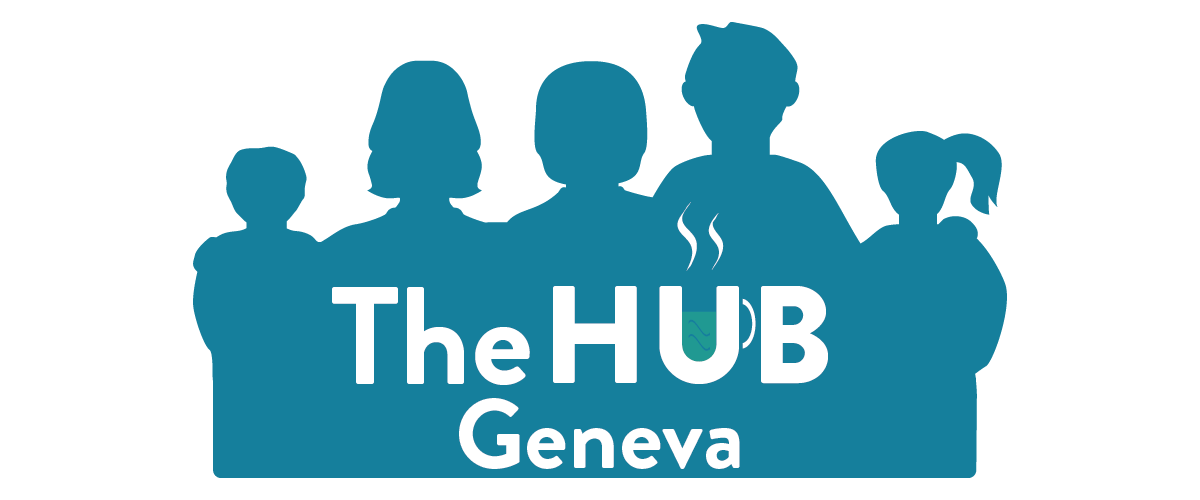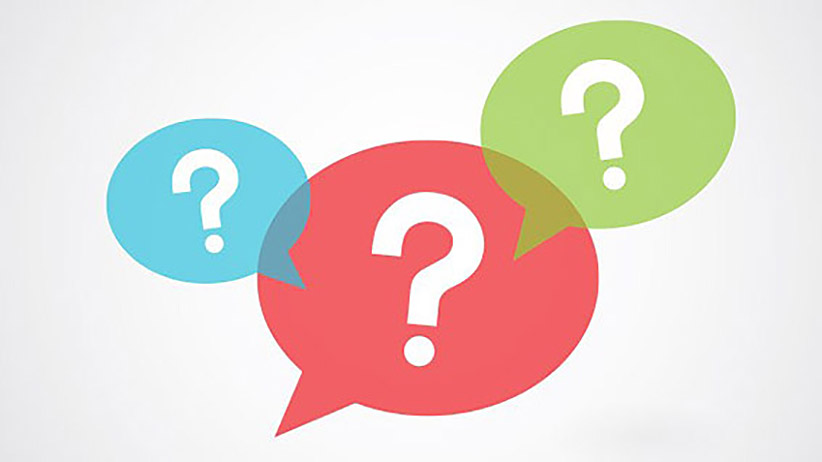As a parent is there ever a right way to answer a child’s question? And how do you know what is right at what age?
Children are naturally curious. Their questioning of the world around them is fascinating, infuriating and remembering back to our toddler days, pretty much relentless.
However, when you started your family did you put any thought at all into how you might answer their future questions? Did you discuss it with your partner? I’d be amazed if you did, we certainly didn’t.
But perhaps we should think about it early on, because once the questions start coming you quickly realise it’s a responsibility in itself.
The last few years have shown that difficult subjects, distressing events and worries are around us all. COVID virtually overnight created a whole new frame of reference for the world. We all sought to keep up with new vocabulary, ever-changing rules and restrictions and all the emotions and anxieties that came with these.
And in turn we had to decide how to answer our children’s questions, when the vast majority of us weren’t really sure what was happening ourselves.
Now, the Russian invasion of Ukraine has again raised more questions than answers. Again these are things that however much we watch or read, we don’t really understand. We struggle to make sense of the what let alone the why.
So what should we say? And how should we say it?
Is there even a right approach to take?
Instinct, honesty and openness are my starting points. What are yours? Do they change with difficult questions? Do you have topics you steer away from?
For me, Instinct is powerful. I know my children’s quirks, fears and how mature they are, so answers often feel right or very swiftly wrong. And when it feels wrong I change direction – simplify, ask them extra questions to get me back on to firmer ground, or simply pause until later.
Honesty is key. Which means that my first response can often be – “I’m not sure”, or “I don’t know” or “I can’t quite remember exactly, although I did learn about that at school”. Frankly I’m not an authority on anything much at all, and it feels right that my children know that.
A teacher friend once shared her strategy with her children- whenever she didn’t know an answer, she simply said so and suggested they look it up together. Simple stuff, but I remember her telling me that, even though it was years ago and it works. It can even serve as an “in” to web safety and thinking about whether sources are reliable!
Openness is pretty essential, surely. Children should feel they can ask questions of us, their parents. And that we’ll answer whatever the subject.
Certainly when they are young this questioning is delightfully (and often embarrassingly) uninhibited. Maybe a bit too uninhibited, like the time my three year old asked my boss on a visit to the very open-plan office whether he had any hair in a very private place!
That time, I asked my son what he thought the answer might be, rather than offer a response, but only once we were safely in the lift on our way out!
So what to do when the questions are less straightforward? Like now as the world focuses on Ukraine.
In truth, we can only try our best. Support each other. Ask what others are doing? Share resources that are child-friendly and reliable. Find out what schools are saying. Watch and listen for signs of anxiety. And also know it’s ok to say it’s complicated and we don’t really understand.
And in saying that here is a great resource shared with us. First News, a UK newspaper for children, has made it’s Ukraine Special Report available to everyone for free.
Do you take a different approach to questions?
Have you any insights into what works well for you?
Or examples of when you just got it very wrong?

